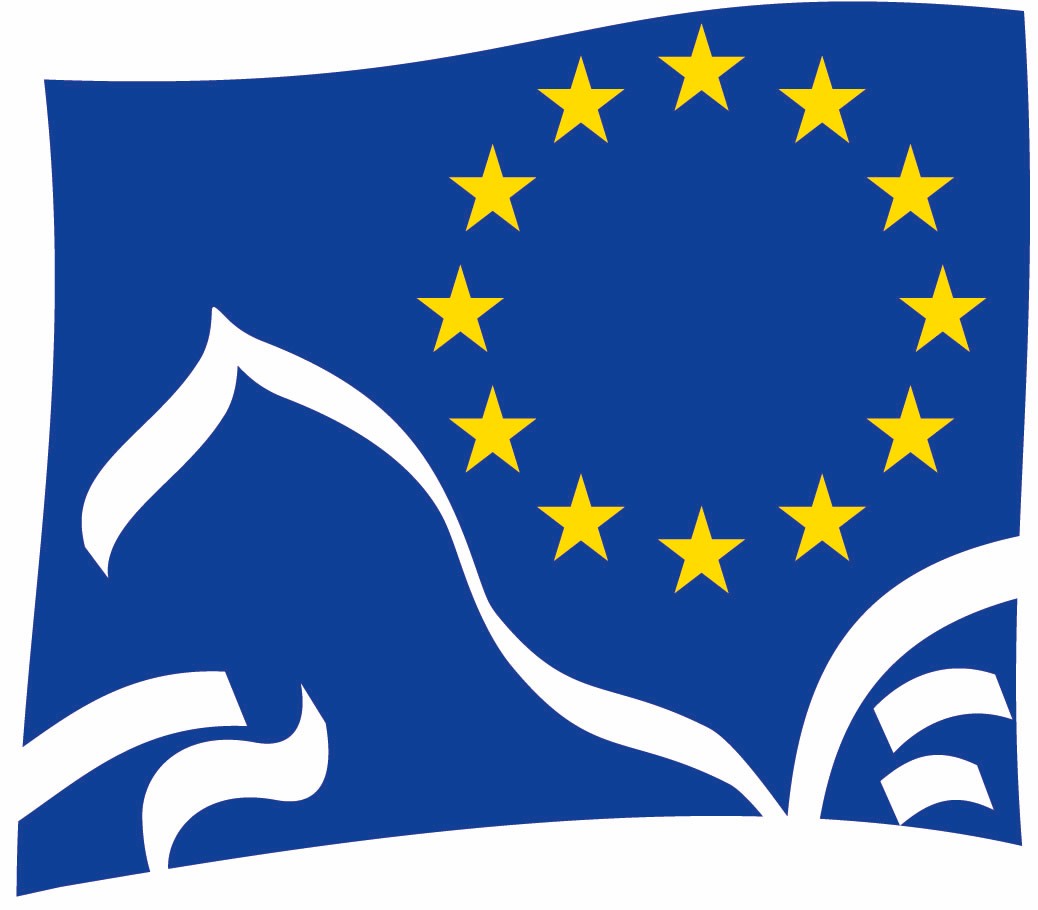We are currently working on our website!
We'll be back for you soon! You can reach us at info@europeanstatestuds.org
Tank you for your unterstanding!
We'll be back for you soon! You can reach us at info@europeanstatestuds.org
Tank you for your unterstanding!
